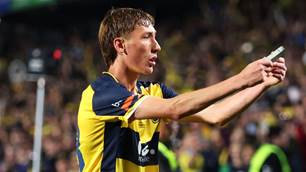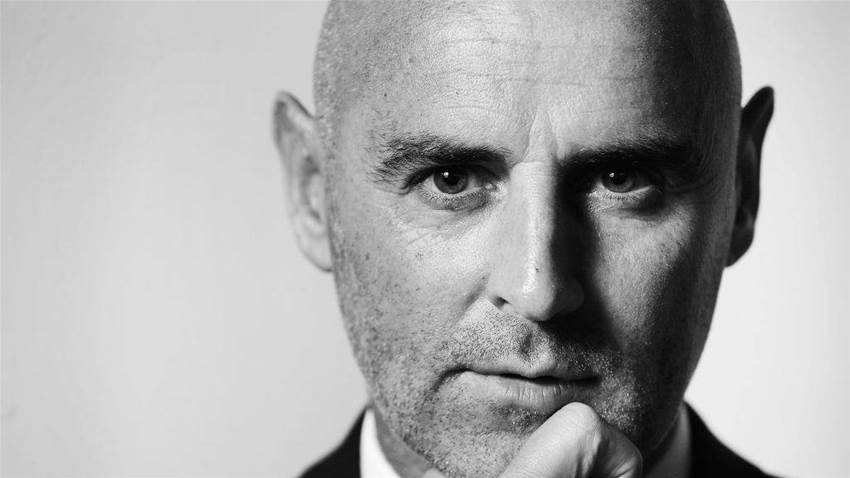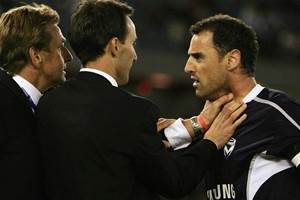Kevin Muscat's impact at Melbourne Victory stands alone as the single greatest influence on an A-League club.
The true scale of Muscat's affect at the Big V - from the standards he set as their inaugural captain, to their tactical evolution under his coaching stewardship – will likely never be repeated, but if the A-League is to ensure multi-generational growth, other clubs, coaches and players will have to follow his lead.
This is a man who returned to the A-League a season after captaining Milwall to the FA Cup Final and led a team in a salary-capped league to two Premiership / Championship doubles and a runners-up medal in six years.
Such was Muscat’s influence, a team boasting Archie Thompson and Harry Kewell finished eighth the season after his retirement.
Muscat then served a four-year stint as assistant coach, a process where so many other club legends jump ship for quicker opportunities, before delivering a further two Championships, a Premiership and an FFA Cup as head coach.
Like him or loathe him, Muscat’s DNA is as ingrained into Victory’s makeup as their colours or crest. Like a force of nature: awesome and devastating in equal measure.
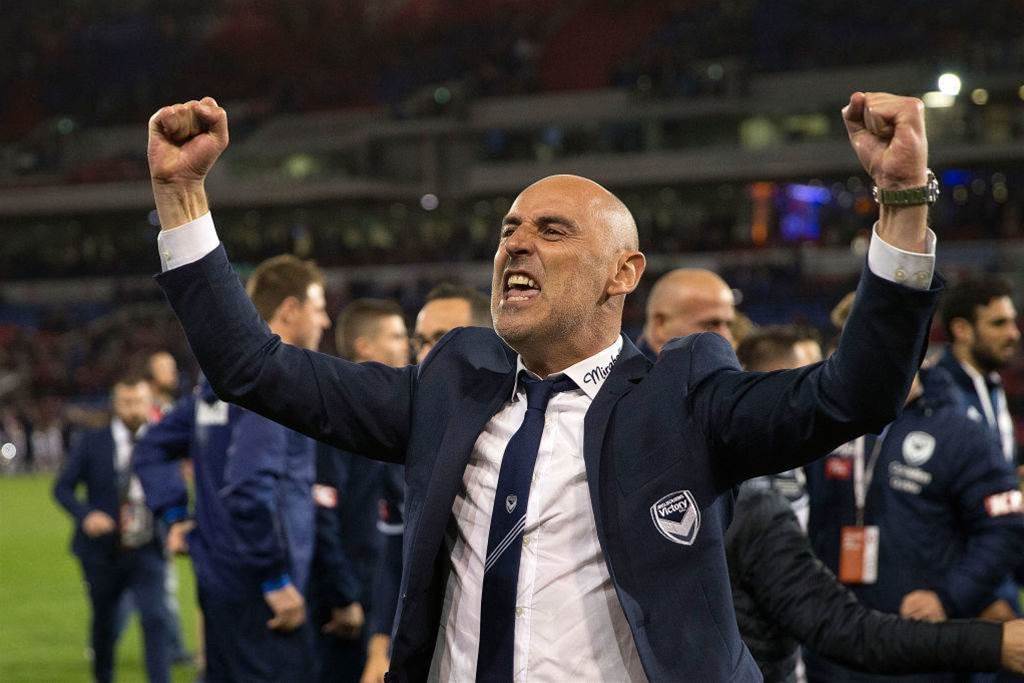
This is why the 6-1 loss against Sydney FC, following another dismal Asian Champions League campaign, could never be overlooked. Victory’s ruthless ambition and unequivocal standards were set by Muscat, and willing or otherwise, he’s become their latest victim.
Victory are likely to choose a more seasoned, practical disciplinarian for their next coach, with a view of finally breaking into Asia set to be the major priority. (Assuming they don’t again take a punt on an inexperienced Aussie in the form of Harry Kewell – the former Socceroo legend has a mixed coaching career in England’s lower leagues, but a similar attacking philosophy and football pedigree to match.)
But whatever path Victory take, their future is as bright as ever. The stagnation of league attendances, fall in television ratings and arrival of new A-League clubs have only served to emphasise Melbourne’s dominance.
Victory registered an average of 7,000 more people per-match this season than both Perth Glory and Sydney FC, for a total of 85,000 more tickets sold than Perth and nearly 120,000 more than Sydney.
While the Sky Blues’ attendances dipped from over 18,000 when they dominated the league under Graham Arnold in 2016/17, to just over 13,000 this season under Steve Corica, Victory’s have remained largely steadfast since 2009.
While multiple A-League clubs have shared resounding successes, Victory are the only club to establish a culture of loyalty, which could survive and thrive despite attacks at active support, FFA turmoil, high ticket prices and the establishment of a new club aimed directly at their catchment area.
This unique achievement is the result of a consistent board, stable ownership, continued funding and strong marketing. But all of that’s proven to mean little without a leading figurehead: a passionate symbol of what the club means to real people.
Muscat became the most effective and most unlikely role model in A-League history.
Herein lies the significance of his legacy. In a league vying for relevance in a market saturated with claims for the Australian public’s hearts and minds, clubs need to be more than just entertainment purveyors and content providers.
Fans need to have icons. They need one-club men that would never give their rivals a guard of honour, let alone don an opposing kit.
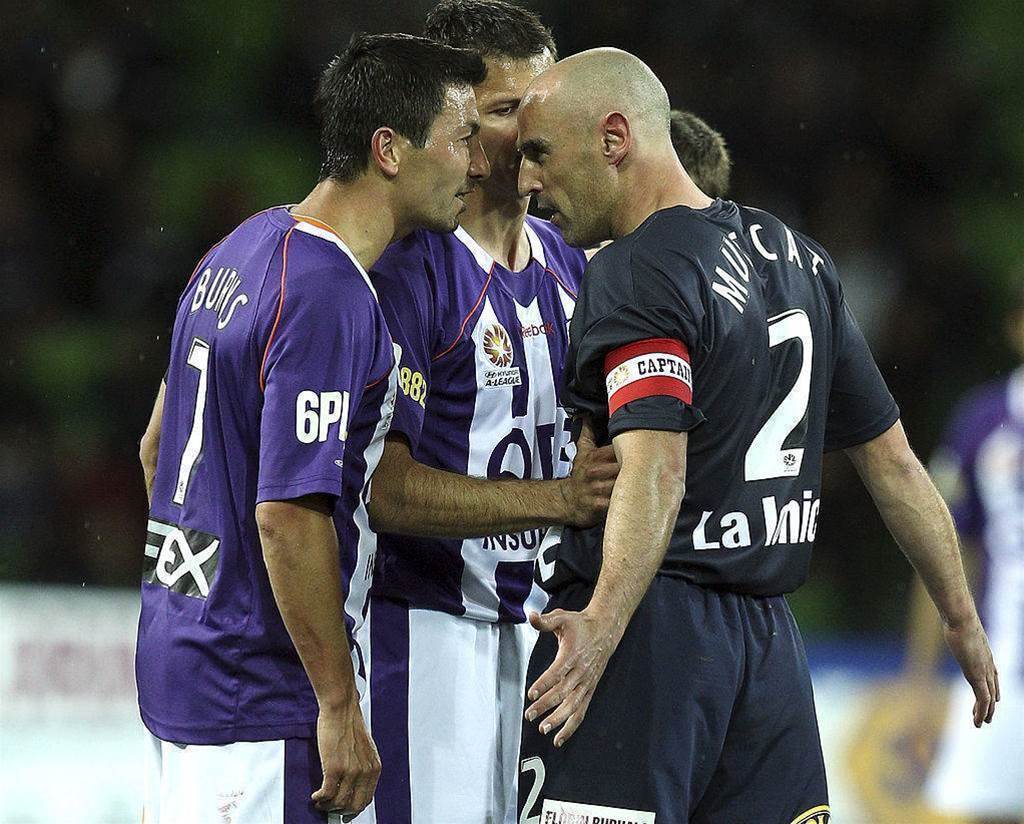
If they’re flawed anti-heroes all the better. The public need someone who’s hated, yet secretly admired by their mates; a conflicting emotion which they can wear as a badge of honour.
In 2000, Martin Grainger called Muscat "...the most hated man in football", but as England hero Terry Butcher summed up: "Every manager in the A-League would love to have Kevin, and I'm no exception.”
Even with the emergence of yet another contender out West, Victory are a giant set in stone. But while Melbourne’s loss is the A-League’s loss also, perhaps there lies a timely ray of sunshine over the horizon.
Australian football requires another true contender for Victory’s status, not just on the pitch, but in the public’s hearts.
Sydney share the A-League Premiership and Championship records, they share the stable ownership, funding and marquee status, but with Alex Brosque's retirement, they now lack that fiery figurehead that galvanises fans.
Steve Corica, the quiet, studious coach affectionately known as ‘Bimbi’, couldn’t be any further from Muscat’s demeanour.
The old English Championship abounds with stories of a virulent Muscat protecting his then-teammate Corica at Wolverhampton from booing or jeering fans. For every sinew of aggression Muscat encompasses, Corica is equally calm and measured.
But what they do share is loyalty and dedication. Corica, too, is a foundation player at Sydney. He also delivered two Championships as captain, including raising the inaugural trophy as goalscorer in the first ever A-League Grand Final.
He is similarly woven into the Sky Blues’ fabric, choosing the slow, steady route; gradually progressing through the ranks at Sydney over eight years in youth, assistant and caretaker coaching roles before seizing the ultimate opportunity.
Now, with an A-League Championship in his debut campaign and a groundbreaking 6-1 thumping of the old enemy, he’s endearing himself to his club’s fans in a way similar to Muscat.
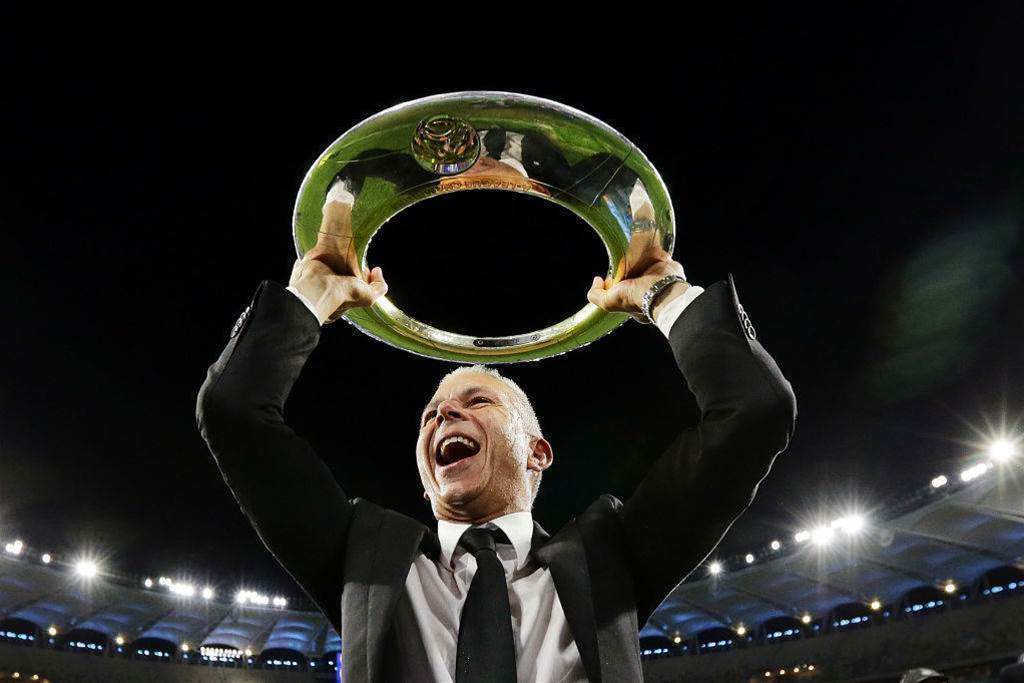
If there is one thing the A-League learned over the past two campaigns, it’s that the big-two’s dominance is largely infallible. The A-League is a tale of two cities, but so far, Melbourne has always had the upper hand.
As one legend fades, another is born. The rise of a club icon at Sydney could prove the turning point in not just the Harbour City’s history, but the league’s as a whole.
All you other A-League clubs better be paying attention…
Related Articles
.jpeg&h=172&w=306&c=1&s=1)
Langerak to bolster Victory's ALM title bid in January
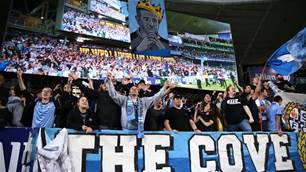
Sky Blues, Wanderers to clash in ALM first-round derby
